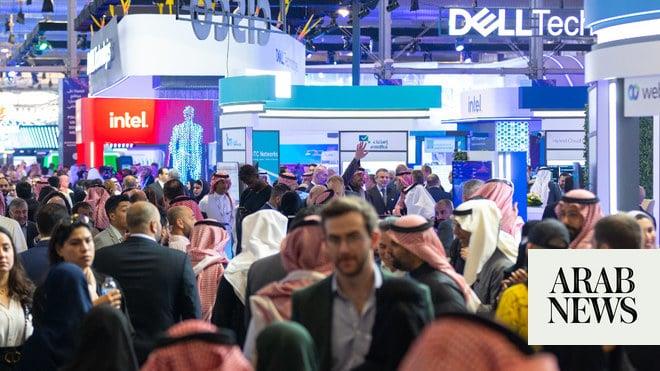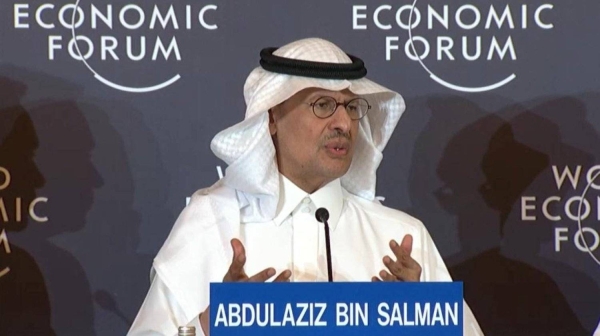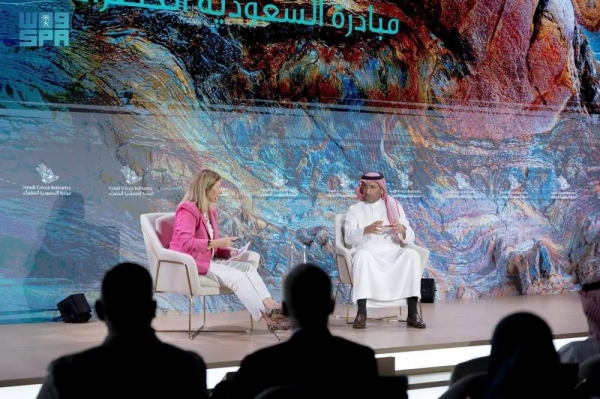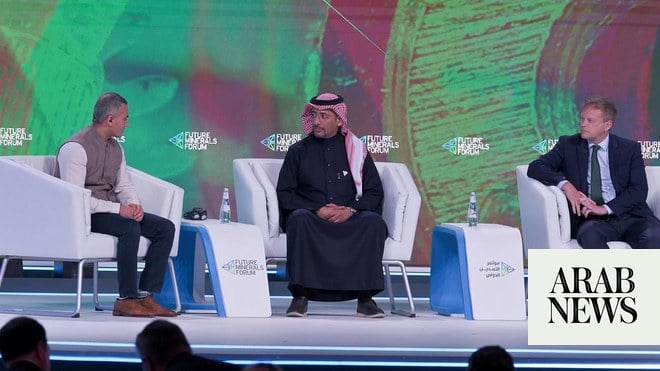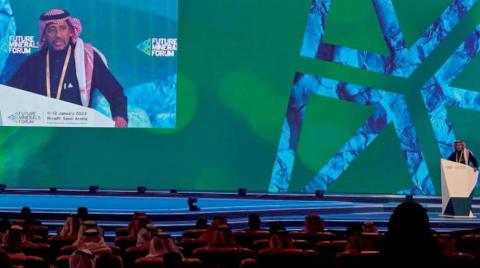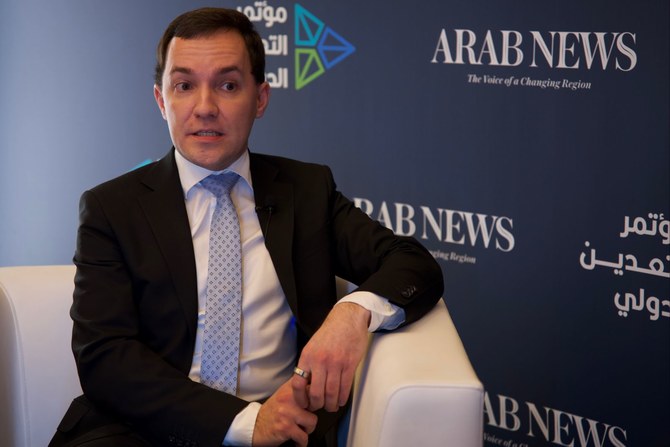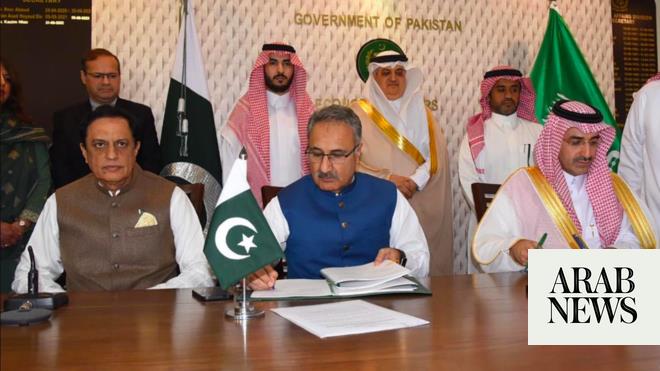
Saudi Arabia’s Minister of Industry and Mineral Resources Bandar Alkhorayef stressed the vital role the Kingdom is playing in supporting the global transition to clean energy in a fireside chat held on Friday on the sidelines of COP27 in Sharm-el-Sheikh, Egypt.
The Critical Minerals panel was hosted as part of the Saudi Green Initiative 2022 Forum, which gathers climate leaders to evaluate progress in climate action. The forum is held under the patronage of Crown Prince Mohammed bin Salman.
“With significant untapped mineral and metal deposits in Saudi Arabia, we have vast geological resources needed to help build a future based on clean energy. With a five-fold increase in supply needed by 2050 to create renewable energy technologies that global economies will increasingly run on, it is vital that we address the issue of mineral supplies now,” Alkhorayef said.
Minerals critical to the energy transition will significantly drive demand over the coming decades. Yet not enough are being produced at the scale and speed necessary to deliver the transition in time. According to the International Energy Agency (IEA), production from existing and planned mines will only meet half of the lithium and cobalt needed by 2030 to achieve the targets set out in the Paris Agreement. With low exploration, development and operating costs relative to industry standards and proximity to end markets, Saudi Arabia is well-positioned to lead the global mining sector.
With national ambitions to achieve net zero by 2060, Saudi Arabia is pursuing its blueprint of economic diversification – Vision 2030 – to become a world leader in the renewable energy market. Saudi Arabia is leveraging its vast mineral resources as part of a broader strategy to build integrated supply chains central to the circular carbon economy, including green steel, green hydrogen and electric vehicle and battery manufacturing.
“The Ministry of Industry and Mineral Resources was created in Saudi Arabia to ensure that our country benefits from its natural resources and we don’t fall into the trap many others have in getting their resources processed elsewhere,” Alkhorayef added.
“To develop a mining industry capable of meeting future demands, we need to further invest in exploration, reduce licensing time applications, make geological data available and integrate advanced technologies. That’s why we’ve launched our new mining investment law to reduce licensing time and announced our huge national geological survey program to make data available for investors,” Alkhorayef added.
Ensuring that metal and mineral exploration is conducted sustainably and with minimal impact on the environment and supports local community development, Saudi Arabia’s recent mining regulatory reforms saw the introduction of the new Mining Sustainability Principle. Based on the latest mining investment law, the principle requires mining companies operating in Saudi Arabia to demonstrate strict environmental, social and governance (ESG) adherence as part of any exploration license application.
“Collaboration the key if we want to achieve our targets. That’s why in Saudi Arabia we are convening global mining experts and governments from around the world for further collaboration, share best practices, and help develop regional centers of excellence,” Alkhorayef said.




